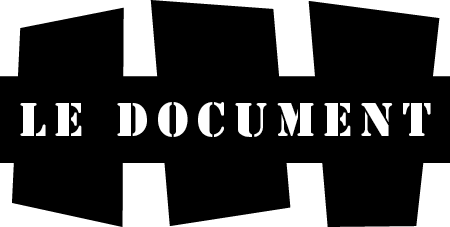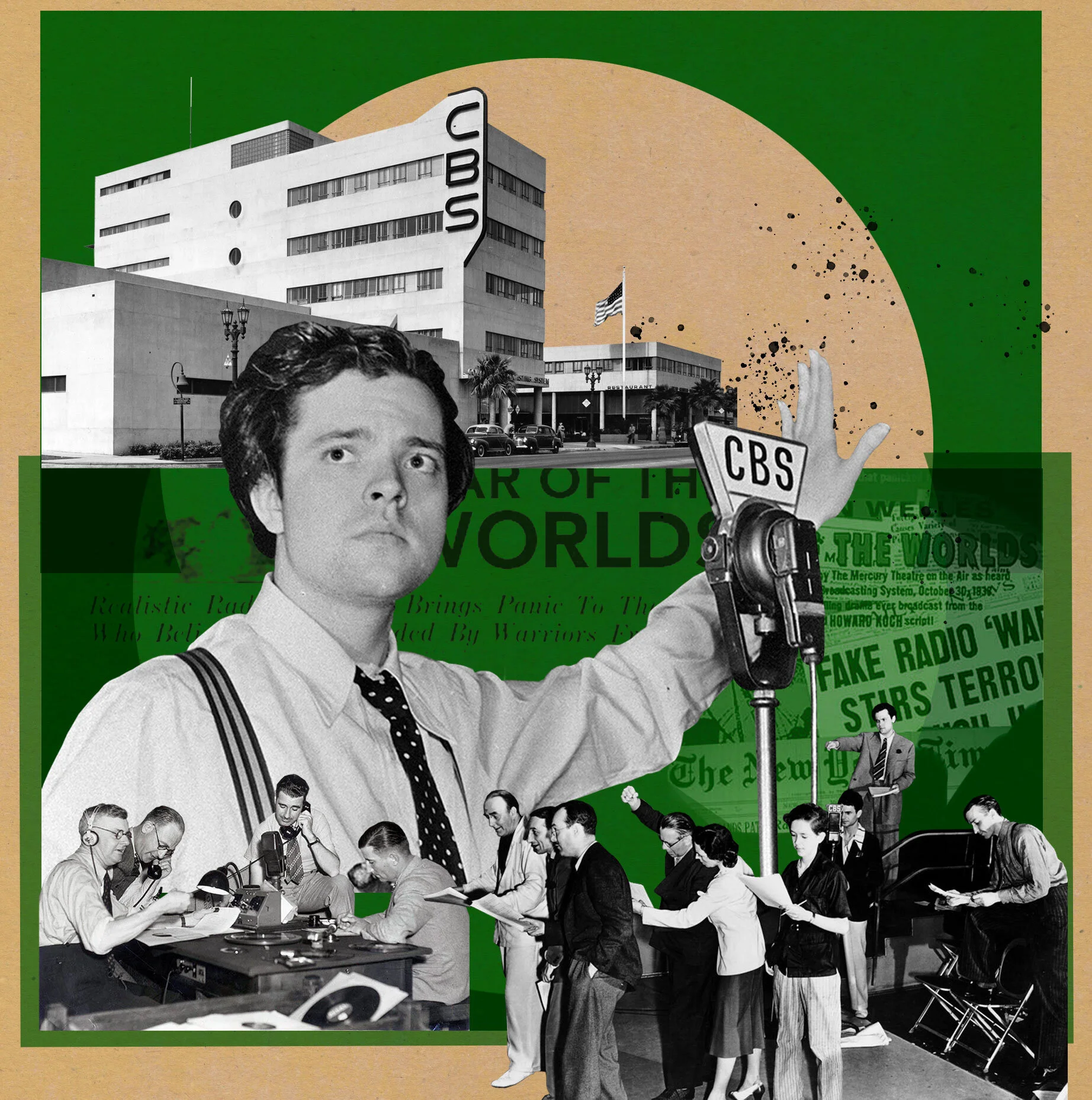Orson Welles
Some people are famous for 15 minutes, others are famous to 15 people but it’s only a chosen few who get to be legends of the Silver Screen. Each month, Jo Mama selects a star and celebrates their life and work. This month: Orson Welles. Illustration by Leonie Woods
George Orson Welles was born in Kenosha, Wisconsin in 1915. His father Richard was a successful inventor. Sadly Orson’s mother died of hepatitis when he was only 8. By the age of 21 Orson Welles was a theatre and radio star. In 1938 he appeared on the cover of Time magazine who described him as being a “marvelous boy”. On the strength of his reputation RKO pictures invited him to make any film he wanted and in 1941 he gave them Citizen Kane. The critic Kenneth Tynan observed in his profile of Welles that Citizen Kane “revolutionized Hollywood rather as the aeroplane revolutionized warfare.”
Other great films would follow such as 1958s Touch Of Evil and 1962s The Trial. The only film Orson appeared in that he liked watching on Television was The Third Man directed by Carol Reed in 1949. The films script was written by Graham Green but the film’s most famous line was something Orson improvised on the spot; “in Italy, for thirty years under the Borgias, they had warfare, terror, murder and bloodshed, but they produced Michelangelo, Leonardo da Vinci and the Renaissance. In Switzerland, they had brotherly love, they had five hundred years of democracy and peace – and what did that produce? The cuckoo clock”
Orson was proud of his performance as Sir John “Jack” Falstaff in Chimes at Midnight. Welles told Maurice Bessy that, to him, Shakespeare’s character Falstaff represented “an affirmative spirit, courageous in many ways, even when he makes sport of his own cowardice. He is a man who represents a virtue that is disappearing, he is waging a battle lost in advance. I don’t believe that he is looking for anything. He represents a value, he is goodness. He is the character in which I most believe, the most entirely good man of all dramatic literature. His faults are minimal, and he derives the most enormous pleasure from them. His goodness is like bread, like wine.”
Respected biographer Frank Brady writes about the 1965 film version of Chimes of Midnight in his book Citizen Welles. Brady claims that despite the fact “The sound track was particularly lamentable during long stretches; Orson and Margaret Rutherford were almost impossible to understand that Welles captures the character of Falstaff so well it’s difficult to tell where Falstaff begins and Welles ends.” Brady concludes that it is probably Orson’s finest moment on screen.
Welles funded his lavish lifestyle and love of food by appearing in TV ads for Perrier water, Nashua photocopiers, Japanese Whiskey, Vivitar Cameras, and Paul Masson Wine.
In 1986 his final film work was being the voice of the Unicron, an enormous robot that eats planets in the kids film,Transformers.
Let’s let Orson have the last word and end with a quote of his from 1962.
“If you try to probe, I'll lie to you. 75% of what I say in interviews is false. I’m like a hen protecting her eggs. I cannot talk. I must protect my work. Introspection is bad for me. I’m a medium, not an orator. Like certain oriental and Christian mystics, I think the ‘self’ is a kind of enemy. My work is what enables me to come out of myself. I like what I do, not what I am … Do you know the best service anyone could render to art? Destroy all biographies. Only art can explain the life of a man – and not the contrary.”



